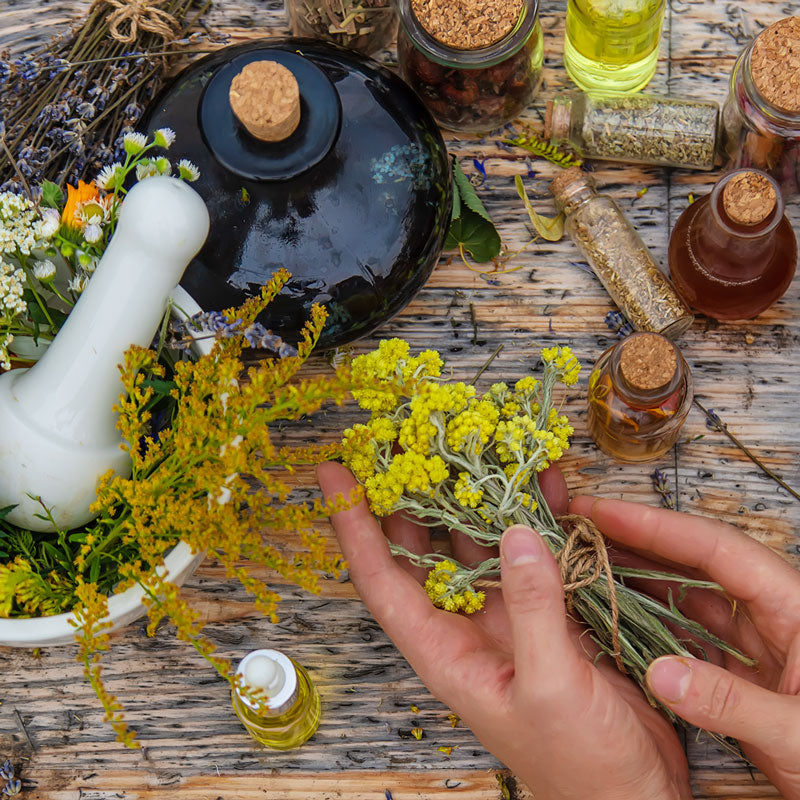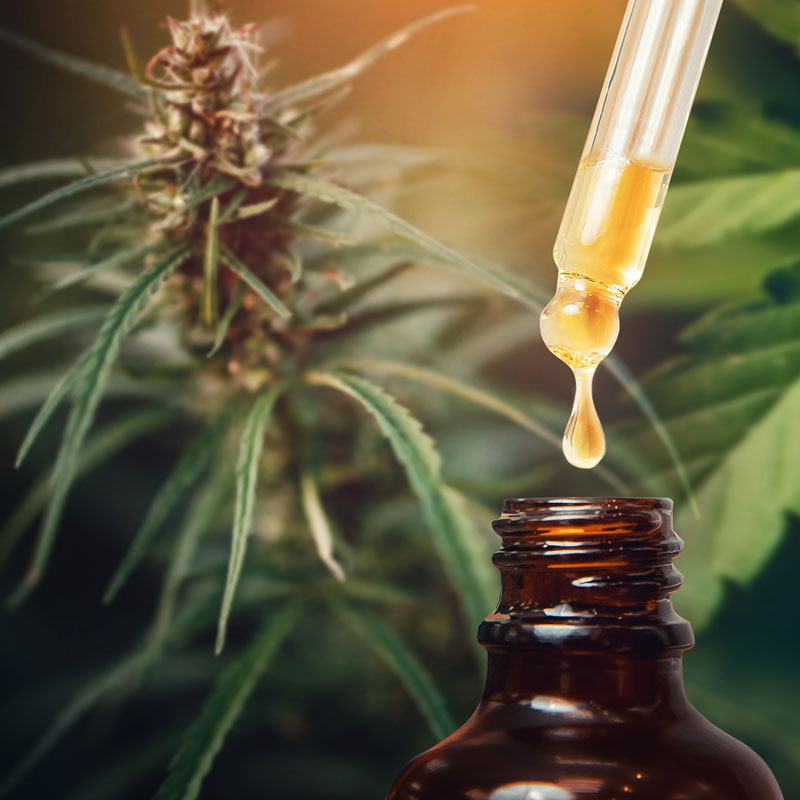Homemade Rosemary Tincture and Extract Recipe using Food Grade Ethanol

Rosemary is a fragrant and versatile herb widely used in culinary and botanical applications. Creating a rosemary tincture allows you to extract its natural compounds into a convenient liquid form. This guide outlines the process of making a high-quality rosemary tincture using 200 Proof Food Grade Ethanol for effective extraction.
What is Rosemary?
Rosemary (Rosmarinus officinalis) is a woody, evergreen herb from the Lamiaceae (mint) family, known for its needle-like leaves and strong, piney aroma. It has been traditionally used in culinary recipes, herbal preparations, and aromatic applications.
Why Make a Rosemary Tincture?
- Concentrated Extraction: A tincture preserves rosemary’s natural aromatic compounds in a potent liquid form.
- Extended Shelf Life: Unlike fresh rosemary, which wilts quickly, a properly stored ethanol-based tincture remains stable for up to two years.
- Versatile Applications: Can be used in culinary recipes, herbal infusions, and homemade botanical preparations.
Where is Rosemary Grown?
Rosemary is native to the Mediterranean region but thrives in warm, dry climates. It is commonly cultivated in California, Texas, Arizona, New Mexico, and Florida, where it is grown for culinary and ornamental purposes.
Sourcing and Selecting Quality Rosemary
For the best tincture results, source organic, fresh, or dried rosemary leaves from reputable herbal suppliers, farmers’ markets, or home gardens. Choose deep green, aromatic leaves with a strong piney scent. Avoid plant material that is brittle, yellowing, or lacks fragrance, as these signs indicate diminished quality.
Preparing Rosemary for Tincture
- Ensure the leaves are clean and free from debris.
- Gently chop or crush the leaves to increase surface area for efficient extraction.
Best Practices for Storing Your Rosemary Tincture
Store the tincture in a dark glass bottle, away from heat and direct sunlight. Properly stored, it can maintain its quality for up to two years.
Culinary Applications of Rosemary Extract
- Flavor Enhancer: A few drops can intensify the taste of soups, sauces, and stews.
- Infused Oils and Dressings: Mix with olive oil or vinaigrettes for an aromatic boost.
- Cocktails and Herbal Tonics: Adds complexity to herbal drinks, including gin-based cocktails or rosemary-infused teas.
- Baked Goods and Marinades: A drop of rosemary tincture can enhance breads, roasted meats, and grilled vegetables.
Final Thoughts on Crafting a Rosemary Tincture
Making a rosemary tincture at home is a simple way to preserve the aromatic and culinary qualities of this beloved herb. Using 200 Proof Food Grade Ethanol ensures a high-quality extraction, free from unwanted additives. Whether incorporated into cooking, herbal infusions, or botanical preparations, rosemary tincture is a valuable addition to any home collection.

Disclaimer: This content is for informational and educational purposes only. Consult a professional before using tinctures for any specific application. Individual reactions may vary.










